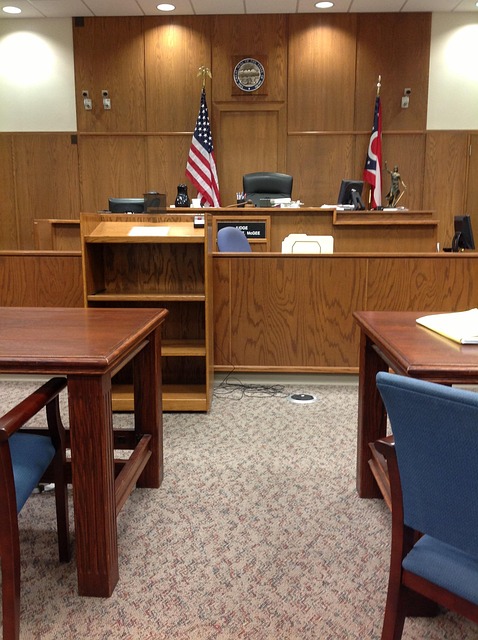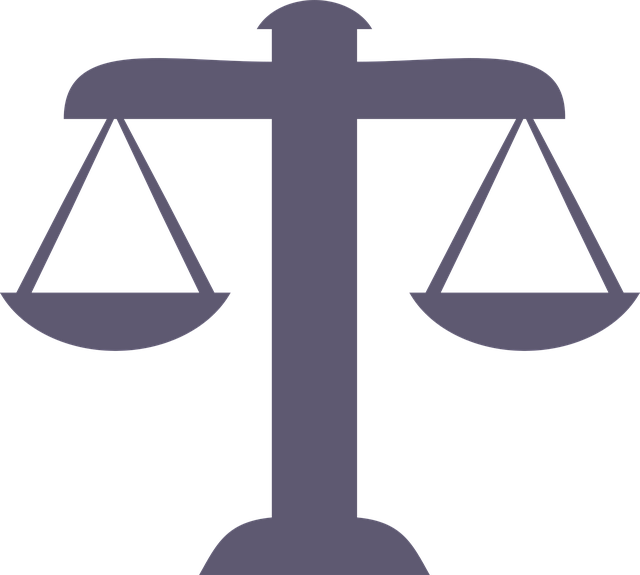Plea bargaining presents a complex decision for defendants facing financial fraud charges, balancing potential benefits like reduced sentences against significant drawbacks such as public disclosure and reputational damage. Understanding the pros and cons is crucial for navigating this intricate legal process, especially considering its impact on personal, professional, and business standing.
Fraudulent financial practices are a growing concern, with sophisticated schemes plaguing individuals and businesses alike. Understanding these practices involves deciphering common fraud techniques, from identity theft to Ponzi schemes. This article delves into the complexities of plea bargaining in such cases, exploring its pros and cons for defendants. We examine how plea bargaining can offer benefits like reduced charges and shorter sentences while also highlighting potential drawbacks, including increased legal exposure and long-term consequences.
- Understanding Fraud: Common Schemes and Techniques
- Plea Bargaining: A Defendant's Decision-Making Process
- Pros of Plea Bargaining: Benefits for Accused Individuals
- Cons of Plea Bargaining: Potential Drawbacks and Risks
- Navigating Legal Consequences: After a Plea Bargain
Understanding Fraud: Common Schemes and Techniques
Understanding Fraud: Common Schemes and Techniques
Financial fraud encompasses a wide range of illegal activities designed to mislead or deceive individuals, businesses, and institutions for personal gain. From sophisticated cyber-attacks on large corporations to simple accounting manipulation by small business owners, fraudulent practices can take many forms. Some common schemes include Ponzi schemes, where investors are promised high returns with little risk, and identity theft, where criminals impersonate others to gain access to financial accounts. Techniques employed by fraudsters may involve document falsification, money laundering, and the use of shell companies to hide illicit transactions.
Plea bargaining pros and cons for defendants play a significant role in all stages of the investigative and enforcement process. For corporate and individual clients alike, avoiding indictment is a primary concern. While plea bargaining can offer some advantages, such as reduced sentences or avoided criminal charges, it also comes with drawbacks like public shame, damage to one’s reputation, and the financial burden of legal fees. Understanding these dynamics is crucial in navigating complex fraud investigations and ensuring justice is served throughout the process.
Plea Bargaining: A Defendant's Decision-Making Process
Plea bargaining is a strategic decision-making process for defendants facing fraudulent financial charges. It involves negotiating a plea agreement with prosecutors, offering to admit guilt in exchange for reduced charges or sentencing. This process presents both advantages and disadvantages for defendants entangled in complex white-collar cases.
On the pros side, plea bargaining allows individuals to avoid lengthy and costly trials. It provides an opportunity to gain some control over their sentence and potentially reduce liability. For those with limited resources or facing significant legal fees, this strategy can be a viable option during all stages of the investigative and enforcement process. However, the cons include pleading guilty to a crime, which may impact future professional prospects and personal reputation. Moreover, defendants must weigh these factors against the potential risks and benefits associated with going to trial, ensuring their decision aligns with their best interests and respective business goals in navigating white-collar defense strategies.
Pros of Plea Bargaining: Benefits for Accused Individuals
Plea bargaining offers several advantages for accused individuals facing fraudulent financial practices charges. One of the key benefits is the potential for a reduced sentence or even probation in exchange for a guilty plea. This can be particularly appealing in high-stakes cases where the consequences could be severe, allowing defendants to avoid lengthy prison terms and substantial fines. Additionally, a successful plea bargain may lead to the dismissal of some charges or a more lenient punishment compared to what might be achieved through a trial and potential challenging defense verdicts.
Moreover, this process can provide a measure of control over the outcome, as the accused can choose to admit guilt to specific counts while disputing others, crafting a winning challenging defense strategy in effect. This is especially valuable for those looking to avoid the stress and uncertainty of a full-scale criminal trial, where the focus shifts from mitigating punishment to proving innocence within a general criminal defense framework.
Cons of Plea Bargaining: Potential Drawbacks and Risks
Plea bargaining, while often seen as a beneficial strategy for defendants facing white-collar and economic crimes, comes with its fair share of drawbacks. One significant con is the potential for an unfair outcome. In many cases, plea bargaining can lead to a guilty verdict without a full trial, which may result in harsher sentences than if the defendant went to trial and was acquitted. This practice can disproportionately affect marginalized communities, as it might encourage pleas to avoid lengthy legal battles, potentially skirting important due process rights.
Moreover, the use of plea bargaining across the country has raised concerns within philanthropic and political communities. Critics argue that it undermines the integrity of the justice system by encouraging defendants to admit guilt without a thorough examination of their actions. This can result in a lack of accountability for perpetrators, especially when complex financial fraud cases are involved, leaving victims and society at large with an incomplete sense of justice.
Navigating Legal Consequences: After a Plea Bargain
After a plea bargain, individuals accused of fraudulent financial practices face significant legal consequences. While a plea agreement can offer some advantages to defendants, such as reduced charges and a potentially shorter sentence, it also comes with substantial drawbacks. These may include public disclosure of the offense through court records, which can harm professional and personal reputations, and the requirement to pay fines or restitution, impacting financial stability.
The decision to accept a plea bargain is a complex one, balancing the immediate legal implications against long-term repercussions. Defendants must carefully consider both the plea bargaining pros and cons for defendants, taking into account the impact on their respective business, philanthropic, and political communities across the country.
Plea bargaining, while offering certain advantages for defendants facing fraudulent financial practices charges, also comes with significant risks. By understanding both the pros and cons of plea bargaining, individuals can make informed decisions regarding their legal strategies. It’s crucial to weigh the benefits, such as reduced sentences or avoided trials, against potential drawbacks like admitting guilt or limited appeal options. Navigating these complexities requires careful consideration, especially when facing the legal consequences of fraudulent financial practices.






